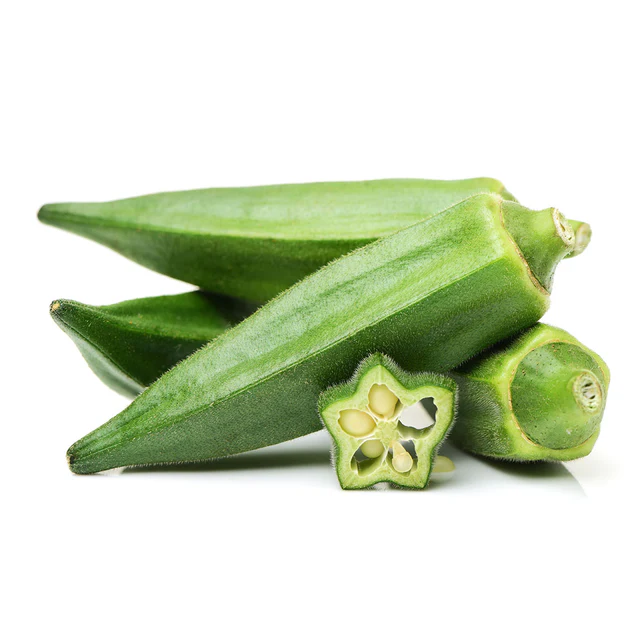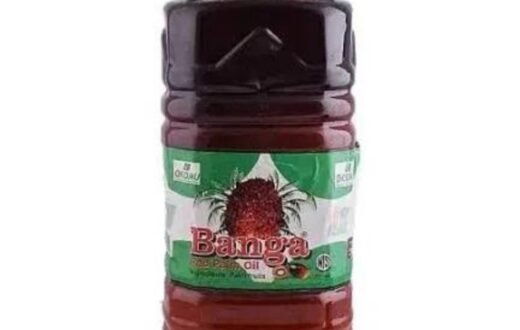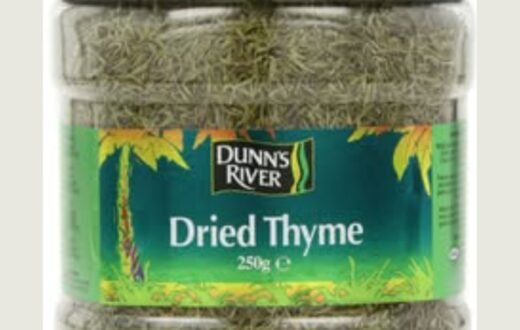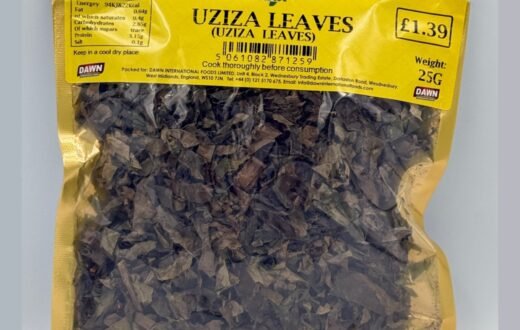African vegetables are known for their rich flavors, vibrant colors, and incredible nutritional value. Whether you’re cooking hearty soups, refreshing stews, or delicious stir-fries, these vegetables bring a taste of home to your kitchen. But how do you keep them fresh for longer without losing their nutritional value?
In this blog post, we’ll guide you through the best ways to store your African vegetables—whether you prefer them fresh or frozen. Let’s help you make the most of your produce.
Understanding African Vegetables
African vegetables range from leafy greens like Ugu (fluted pumpkin leaves), bitterleaf, and spinach, to starchy options like yam and cassava. Each vegetable has unique storage needs, but they all share one thing in common—proper storage is key to preserving their quality.
Fresh Storage Tips
If you love the crisp texture and bright colors of fresh vegetables, proper storage is essential:
- Refrigerate Leafy Greens: Wrap leafy greens like Ugu, bitterleaf, and spinach in a damp paper towel, place them in a perforated bag, and store them in the vegetable drawer of your fridge.
- Root Vegetables: Keep yams, sweet potatoes, and cassava in a cool, dark, and dry place. Avoid storing them in the refrigerator, which can cause them to develop a hard texture.
- Tomatoes and Peppers: Store ripe tomatoes and peppers at room temperature. Once cut, they should be refrigerated and used within a few days.
- Herbs: For herbs like scent leaf (African basil), store them in a jar of water, covered loosely with a plastic bag. Change the water every two days.
When to Choose Frozen Vegetables
Freezing is an excellent way to preserve your African vegetables, especially if you want them to last longer:
- Blanch Before Freezing: For leafy greens like Ugu or bitterleaf, blanching (briefly boiling and then cooling in ice water) before freezing helps preserve their color and nutrients.
- Pack in Airtight Containers: Use airtight freezer bags or containers to prevent freezer burn. Squeeze out as much air as possible.
- Label with Dates: Always label your frozen vegetables with the date of freezing. This helps you keep track of freshness.
Best African Vegetables for Freezing
Some vegetables freeze better than others. Here are a few that maintain their flavor and texture well when frozen:
- Ugu (Fluted Pumpkin Leaves)
- Bitterleaf
- Spinach
- Okra (slice before freezing)
- Ewedu (Jute Leaves)
- Pepper Mix (Blended)
Common Storage Mistakes to Avoid
- Don’t Store Wet Vegetables: Moisture leads to rot, so always pat your vegetables dry before storing them.
- Avoid Overcrowding in the Fridge: Give your vegetables space to breathe. Overcrowding can cause them to spoil faster.
- Freezing Without Preparation: For the best results, always prepare your vegetables before freezing—wash, cut, and blanch if necessary.
Why Choose Thilda Africa Foods for Your Fresh and Frozen Vegetables?
At Thilda Africa Foods, we pride ourselves on providing fresh, high-quality African vegetables. Whether you prefer your vegetables fresh or conveniently frozen, we ensure they retain their flavor and nutrition. Our wide selection means you can always find your favorites.
Visit Us Today!
Looking for the freshest African vegetables in Scotland? Visit Thilda Africa Foods or shop with us online. Experience the true taste of Africa in every meal.





